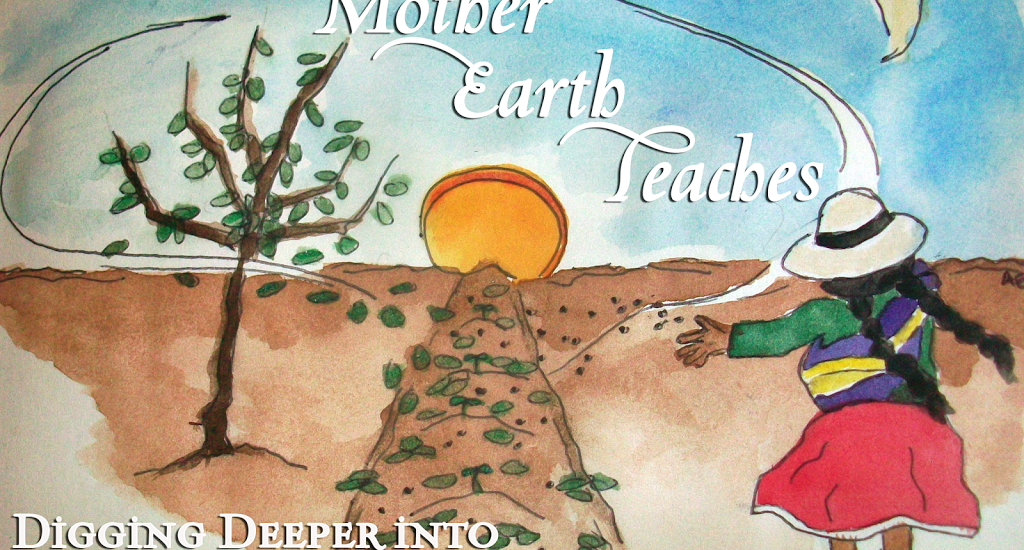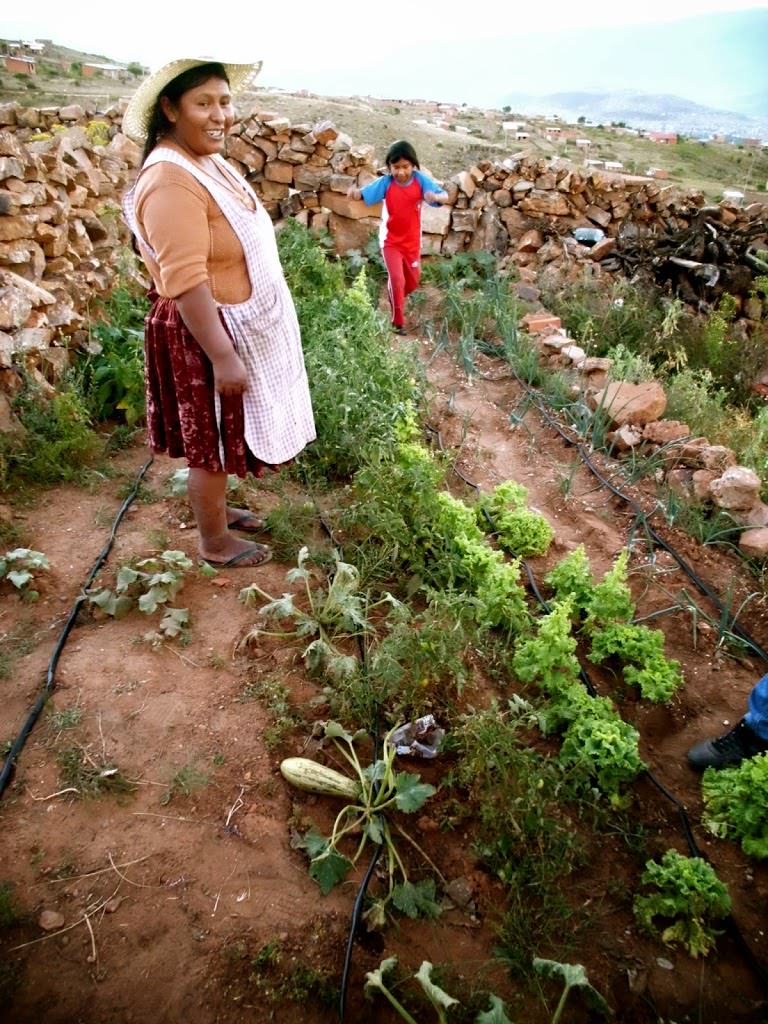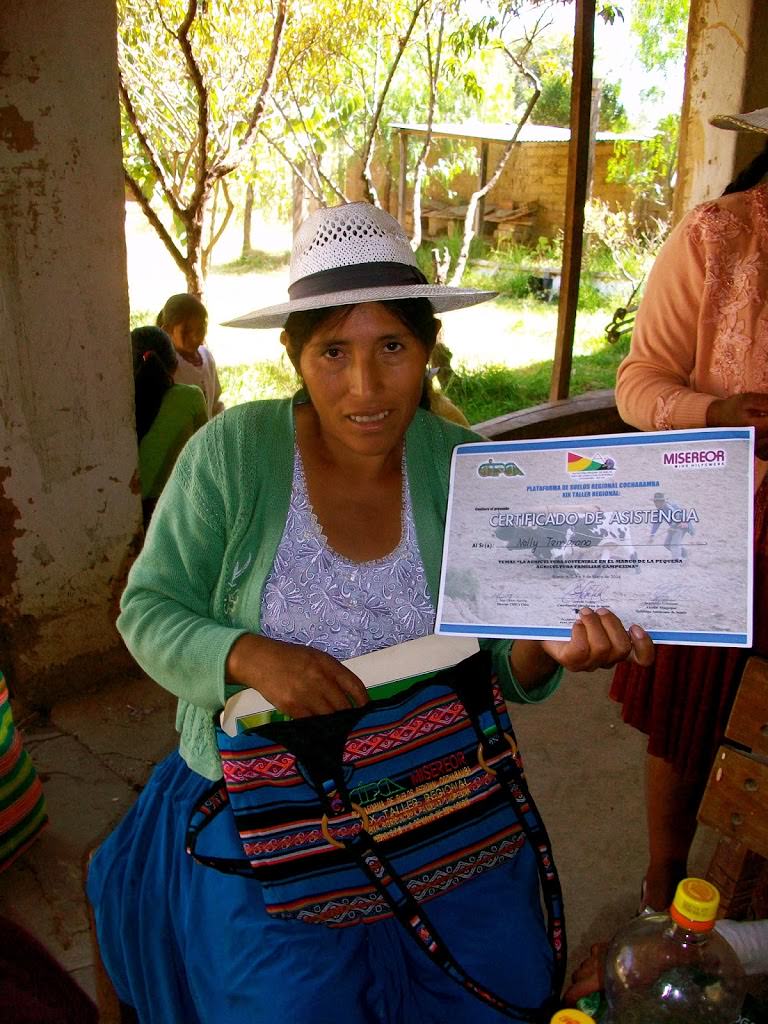The Marginalization of Farmers and Learning from Communities

In knowing the women in Santa Rosa, all from farming families that have migrated to the city, I am learning all the time about the incredible richness of their culture in the campo, or countryside.
I am learning that what they lack in material wealth they make up and over in their food, language, music, art and dance, which are all rooted in the small towns they are from in the campo.
I have witnessed the tension between the traditional dress of these mothers and the Westernized dress of their daughters who have chosen to no longer wear the pollera skirt.
 |
| A Santa Rosa woman in a poller and her daughter in more Westernized clothes. Photo by Peter Ferguson. |
Making the move from the campo to the city, means raising their children far from that native culture. Agricultural production is an integral part of that culture, a connection to the land that is largely absent in the new city life of their children.
I notice the constant marginalization they experience in the city, how these mothers stop speaking their native language, Quechua, as they ride the bus to the large market in the center of the city and switch instead to speaking Spanish.
I have heard first-hand the racist and classist narratives that some people in the northern zone of the city use when they speak of people that live in the southern zone (where I now live).
The southern zone, which includes communities like Santa Rosa where I work, is largely populated by people who have migrated from the campo. And I have heard the narratives in other parts of the city that claim that “they” (the people that have migrated from the campo) are all ignorant, un-teachable, irresponsible, corrupt and lazy.
And I have noticed how easy it is to ignore the fact that we also depend on those same people for our food, how easy it is in the midst of globalization to value only Western notions of progress deeming these farmers as ignorant because they cannot read or write a language imposed on them by colonization.
 |
| Woman in Santa Rosa proudly showing her certificate of attendance from the regional workshop on sustainable farming. |
I have experienced being automatically respected, trusted and assumed to be knowledgeable in the garden where I work because of my white skin and light eyes and North American nationality, although I could not have even told you how to plant a seed. I have experienced such racism and classism, not so subtle, in action.
I have also witnessed the reality of the women in Santa Rosa without sanitation systems, without trash collection and limited access to public transportation. I have seen how marginalized they are in comparison to other more affluent ends of the city whose basic needs are met; all examples of structural racism and classism.
And this is precisely why our Franciscan charism is so essential. Through a humble ministry of presence as a Franciscan lay missioner, I have had my eyes opened to the incredible wisdom of the women in Santa Rosa and their culture.
Yes, I can read and write and I have a college degree, but I could not grow my own food to survive, to care for my family or community.
 |
| Sharing a fun photo with the families in Santa Rosa. |
I have learned in connecting with the Earth and communities like Santa Rosa, to value the worth of hard work that can heal both our bodies and our spirits.
I have learned to value the priceless wisdom of native farming communities, whose knowledge will be essential to our survival as our Earth continues to transform while the atmosphere warms.
I did not come to Bolivia to help poor people to live better, I came to share work with marginalized communities, mutually, to learn also from them. And in working in both the parish garden and the family gardens in Santa Rosa that is precisely what I am able to do.
For suggestions on how you can learn from marginalized communities and practice justice by listening, I recommend checking out this article.
Tagged in:
